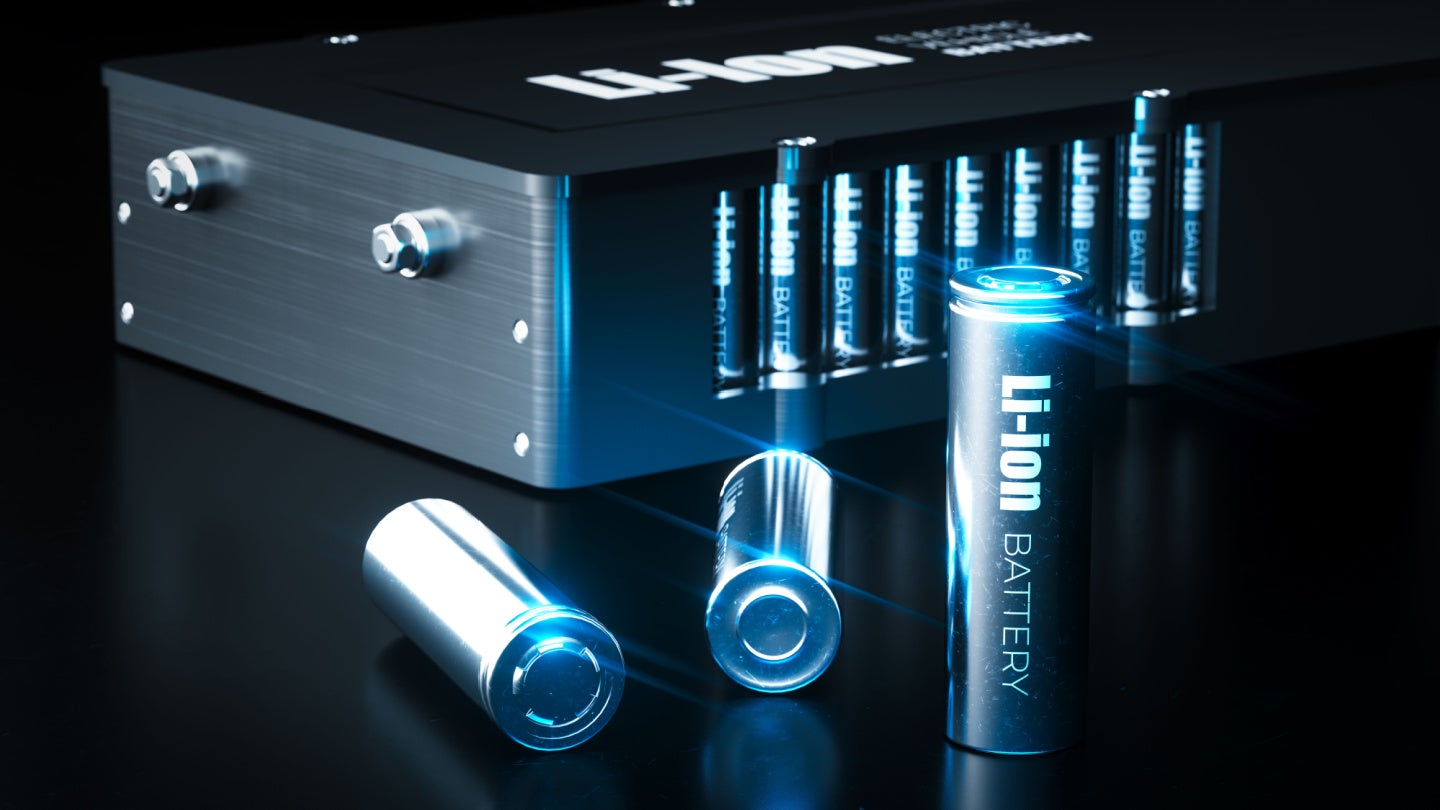
Swiss commodities giant Glencore and Canada’s Li-Cycle Holdings have unveiled plans to establish a recycling hub in Portovesme, Italy, to produce crucial battery materials such as lithium.
Li-Cycle and Glencore unit Glencore International entered a letter of intent to explore the viability of developing a battery recycling plant.
The companies are looking to set up a 50:50 joint venture to repurpose an existing Glencore facility in Portovesme into a facility to produce nickel, cobalt and lithium from recycled batteries.
Said to be the largest source of recycled battery-grade lithium, nickel and cobalt in Europe, the facility will process black mass from lithium-ion batteries.
It would utilise Li-Cycle’s hydrometallurgical technology.
The annual processing capacity of the hub is projected at 50,000–70,000 tonnes (t).

US Tariffs are shifting - will you react or anticipate?
Don’t let policy changes catch you off guard. Stay proactive with real-time data and expert analysis.
By GlobalDataThe black mass would be delivered via Glencore’s commercial network and from Li-Cycle’s Spoke network in Europe.
Glencore global head of recycling Kunal Sinha said: “Establishing a hub through the repurposing of our Portovesme site, which could become the first Glencore asset to produce battery-grade lithium, will enable us to truly close the loop for our European OEM and gigafactory customers across all aspects of the supply chain.
“It will shorten delivery times, reduce emissions by minimising the distance of the freight routes and support Italy and Europe’s ambitions to be a global leader in the circular economy.”
The duo will start a definitive feasibility study for this project within the next two months, with targeted completion by the middle of next year.
Construction is expected to start after the final investment decision while commissioning of the facility is expected by late 2026 or early 2027.



